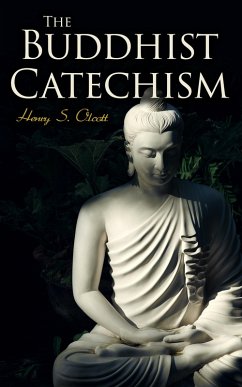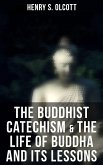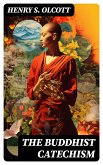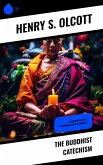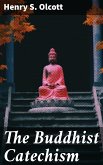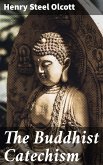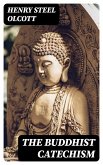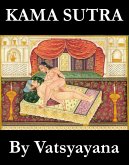The Buddhism Catechism by Olcott is a new, post-Enlightenment interpretation of Buddhist believes. Henry Olcott reviewed Buddhism from the point of view, following the strict rules of catechistic criticism established in orthodox Christianity. This book was a most significant contribution to the revival of Buddhism in Shri-Lanka and is still in use there today. The text of the book represents the central doctrines of Buddhism, including the life of Buddha, and how the message of Buddha correlates with modern society. It also contains the message of the Dharma and the role of the Sangha in the Buddhist teachings. The book is written in a simple manner, in the form of questions and answers, and became very popular in Sri Lanka and was an effective tool for the popularization of Buddhism.
Dieser Download kann aus rechtlichen Gründen nur mit Rechnungsadresse in A, B, BG, CY, CZ, D, DK, EW, E, FIN, F, GR, H, IRL, I, LT, L, LR, M, NL, PL, P, R, S, SLO, SK ausgeliefert werden.

